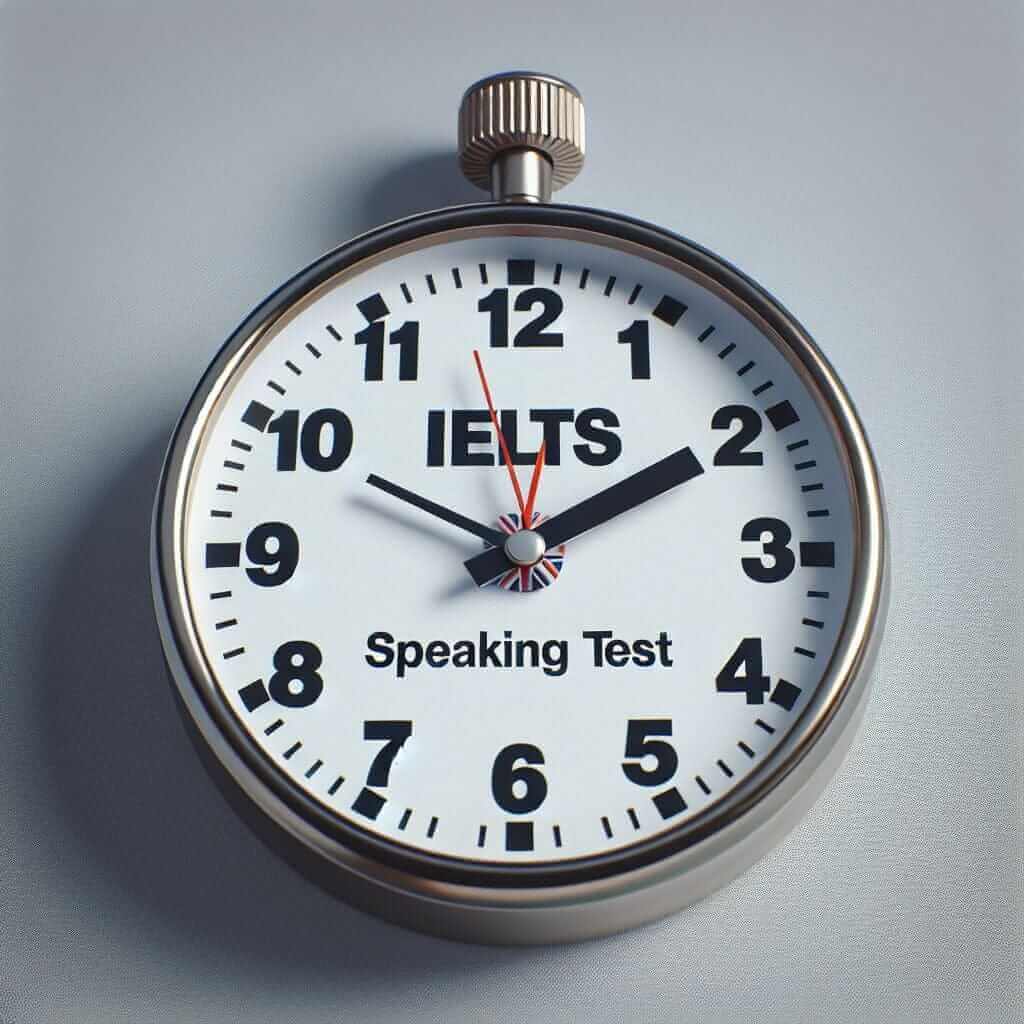As an IELTS instructor with over 20 years of experience, I understand the importance of clear and accurate communication in the IELTS Speaking test. One area that often causes confusion for candidates is how to express time correctly. Whether you’re describing your daily routine or discussing a past event, using the right vocabulary and grammar for time is crucial for achieving a high score. This comprehensive guide will delve into the nuances of expressing time in the IELTS Speaking test, providing you with the knowledge and confidence to succeed.
Understanding Different Ways to Express Time
In English, we have several ways to express time, and each method conveys a different level of formality and precision. Let’s explore some common ways to say the time:
1. Using the 12-hour Clock
The 12-hour clock is the most common way to tell time in everyday conversations. It uses the numbers 1 to 12, followed by “a.m.” (ante meridiem) for times before noon and “p.m.” (post meridiem) for times after noon.
Examples:
- 8:00 a.m. – Eight o’clock in the morning.
- 2:30 p.m. – Two thirty in the afternoon.
- 10:15 p.m. – A quarter past ten in the evening.
2. Using the 24-hour Clock (Military Time)
The 24-hour clock, also known as military time, uses the numbers 00:00 to 23:59 to represent all hours of the day. It eliminates the need for “a.m.” or “p.m.” and is often used in formal settings or when clarity is essential.
Examples:
- 08:00 – Eight hundred hours.
- 14:30 – Fourteen thirty hours.
- 22:15 – Twenty-two fifteen hours.
3. Using Informal Expressions
In casual conversations, we often use informal expressions to tell time.
Examples:
- Half past nine
- A quarter to eleven
- Ten past four
- Five to twelve

Common Mistakes to Avoid
When expressing time in the IELTS Speaking test, be mindful of these common errors:
- Incorrect use of prepositions: Pay close attention to prepositions like “at,” “in,” and “on” when referring to specific times or time periods.
- Omitting “o’clock”: Remember to include “o’clock” when using the 12-hour clock and referring to a precise hour.
- Confusing a.m. and p.m.: Double-check whether you need to use “a.m.” or “p.m.” to avoid any misunderstanding.
Tips for Success
- Practice makes perfect: Familiarize yourself with different ways to express time by practicing with a partner or recording yourself speaking.
- Listen attentively: Pay attention to how native English speakers express time in various contexts.
- Expand your vocabulary: Learn synonyms for common time expressions to enhance your fluency and precision.
Conclusion
Mastering the art of expressing time clearly and accurately is essential for success in the IELTS Speaking test. By understanding the different formats, avoiding common mistakes, and practicing regularly, you can confidently convey your ideas and achieve your desired score. Remember, effective communication is key to leaving a positive impression on the examiner.